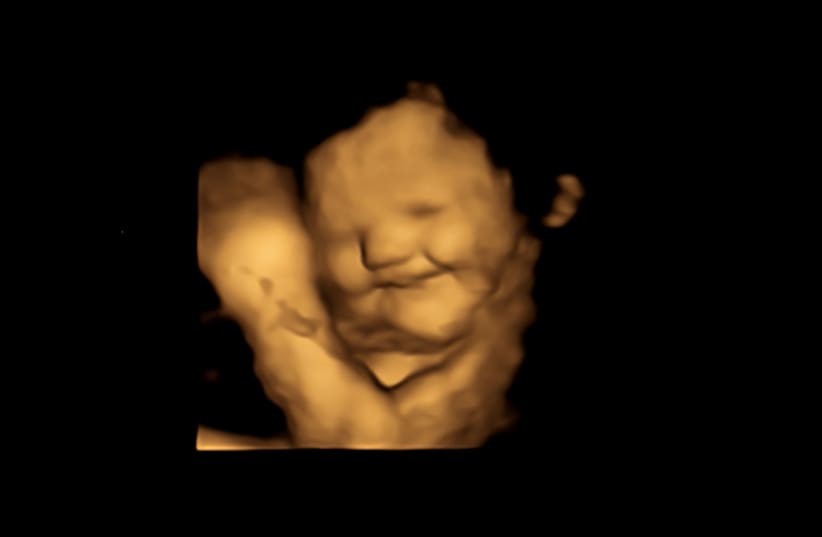Have an aversion to particular foods? You may have developed that in the womb, according to new research. Scientists at Durham University looked at how fetuses responded to two distinct flavors shortly after the mother ate carrot and kale flavors.
The findings, published in the journal Psychological Science on Wednesday, found that what pregnant women eat might significantly influence babies’ taste preferences after birth, as well as other long-term qualities. In particular, the study noted, fetuses are grossed out by kale.
By looking at 100 ultrasounds of pregnant women, researchers found that fetuses exposed to carrots showed more “laughter-face” responses while those exposed to kale showed more “cry-face” responses. The team said this insight could lead to implications for establishing healthy eating habits in pregnant women.
Newborns exposed to carrot juice prenatally had less nose wrinkling, brow lowering, upper lip raising, gaping and head-turning than non-exposed newborns, the research states. In contrast, newborns drop the corners of their mouths and raise their upper lips when exposed to a bitter kale flavor.
“A number of studies have suggested that babies can taste and smell in the womb, but they are based on post-birth outcomes while our study is the first to see these reactions prior to birth," Lead researcher Beyza Ustun said.
“As a result, we think that this repeated exposure to flavors before birth could help to establish food preferences post-birth, which could be important when thinking about messaging around healthy eating and the potential for avoiding ‘food-fussiness’ when weaning," Ustun said.
“It was really amazing to see unborn babies’ reaction to kale or carrot flavors during the scans and share those moments with their parents.”
